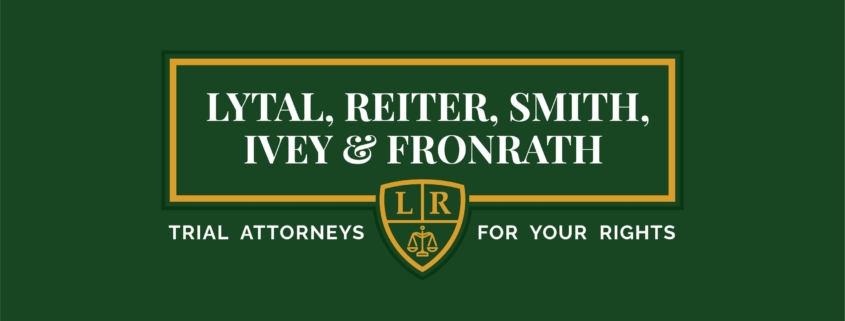 As family members and friends of senior citizens, we expect our vulnerable adults to live out the remainder of their lives in peace. Unfortunately, elder abuse is a common problem, regardless of whether the senior lives at home or in a long-term care facility. In many circumstances, elder abuse goes unreported.
As family members and friends of senior citizens, we expect our vulnerable adults to live out the remainder of their lives in peace. Unfortunately, elder abuse is a common problem, regardless of whether the senior lives at home or in a long-term care facility. In many circumstances, elder abuse goes unreported.
Additionally, there are instances where cognitive decline, mobility limitations, or other factors keep seniors from relocating to a safe place. If you suspect that a relative or friend is the victim of abuse, what can you do? Here’s some important information about seniors that endure abuse, and what steps you should take to report negative living situations to an elder abuse attorney.
Causes of Ongoing Elder Abuse
Several factors contribute to a vulnerable adult staying in abusive environments, including:
Mental Illness
As we age, we become more susceptible to mental illnesses. Vulnerable adults that have a mental illness are typically easy targets for abusers, who seek people who have trouble communicating or sharing their feelings.
A vulnerable adult that has a mental illness might not be able to identify forms of abuse. Also, they might worry about retaliation, have trouble determining who to share experiences abuse with, or fear a change in their living situation if they report an abuser.
Dependence On Drugs or Alcohol
Those who abuse drugs or alcohol also find themselves as victims of physical, emotional, and sexual elder abuse. Their use of drugs or alcohol can be a coping mechanism due to the abuse, or it can be a problem that started before abuse took place.
Vulnerable adults who have an addiction to drugs or alcohol might feel anxiety about their legal or illegal activities and may feel like it is better to put up with the abuse than seek help for their problems. Often, these cases are extreme and require not only a different living arrangement but inpatient treatment as well.
Dependence On the Abuser
Elder abuse attorneys will tell you that abuse can happen anywhere, including within the vulnerable adult’s own household. Due to the dependence on relatives or caregivers, elder abuse victims can be hesitant to report instances of abuse.
If they are unable to manage their finances, take care of themselves, or have an emotional dependence on an abuser, it’s not always easy to speak up. Vulnerable adults may avoid speaking to other family members or friends about the instances of abuse because that would lead to significant lifestyle changes.
Poor Housing Conditions
When we take our relatives or friends to live in a long-term care facility, we expect that the vulnerable adult’s needs will be met. Unfortunately, it’s possible to make a mistake while selecting the proper institutional settings for our seniors.
Specific situations make elder abuse more common, such as when a facility lacks the staff or resources to meet all their resident’s needs. A vulnerable adult might not have access to formal services to address instances of abuse, while burned-out staff members might overlook or fail to realize that abuse is occurring.
How can I identify elder abuse?
There are two main ways that we can protect elders from instances of abuse at home and in long-term care facilities. First, members of the community should regularly build relationships with vulnerable adults. The more people who can check on the living conditions of our seniors, the easier it will be to identify instances of short and long-term abuse.
Second, there should be regular monitoring of what occurs in senior care facilities. This should include training for employees, visits by social workers, and other procedures that make it easy to monitor the health and wellbeing of our seniors.
Do you need an elder abuse attorney to help get your loved one out of an abusive living situation?
For our vulnerable citizens, it can be a real challenge to leave an abusive household or long-term care facility. If you believe that someone is suffering from elder abuse, it’s important that you get advice from an elder abuse attorney. Contact Lytal, Reiter, Smith, Ivey & Fronrath if you need advice on removing your loved one from an abusive environment and bringing those responsible to justice.
We are ready to discuss your case during a no-obligation consultation and inform you of how best to handle the situation. Contact us using the live chat feature on our website or call us at (561) 655-1990. The sooner you act, the quicker you can get your loved one into a safe environment.
We also serve the following locations:




